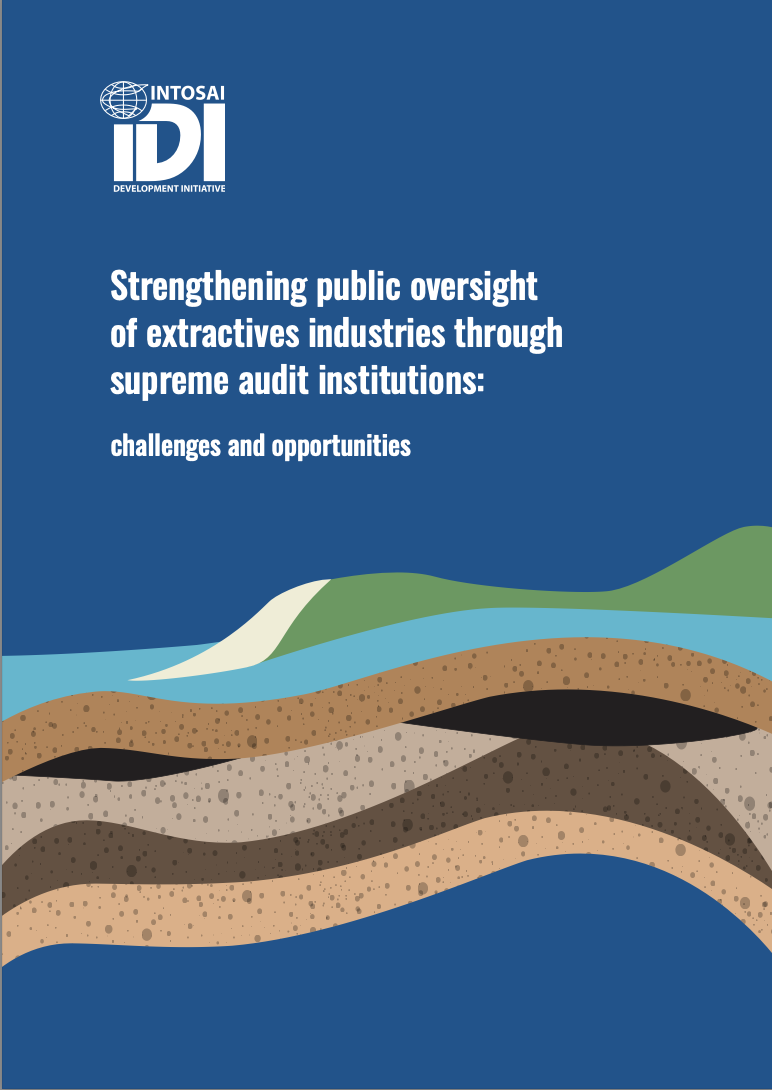About IDI
Our Cross-Cutting Priorities
Our Results
Meet the IDI Board
IDI's Board is composed of ten members from different supreme audit institutions. Get to know them better in our "Meet the Board" series.
 The extractives sector plays a significant role in the global economy and, for many developing countries, the effective oversight and resource management of these industries can positively contribute to national development through fiscal revenues, supply chain and employment opportunities, and social investments.
The extractives sector plays a significant role in the global economy and, for many developing countries, the effective oversight and resource management of these industries can positively contribute to national development through fiscal revenues, supply chain and employment opportunities, and social investments.
Today, INTOSAI Development Initiative releases its new study, “Strengthening Public Oversight of Extractive Industries through Supreme Audit Institutions: Challenges and Opportunities” to provide an overview of how SAIs can increase extractive industry oversight activities at the country and global level. The study includes findings and raises practical insights regarding SAIs’ legal frameworks and their application to INTOSAI’ independence principles. In addition, the conclusions and appendices address concrete actions SAIs and other stakeholders can take to improve extractive sector governance and identify key partners for taking action using a multistakeholder approach.
The study, which collected responses from 25 SAIs across three different INTOSAI regions, shares solutions and action points tailored to SAIs and actors in the accountability ecosystem to foster better collaboration and increased transparency of oil, gas, mining, and broader extractive industries- including entry points for SAIs to partner with EI transparency leader, Extractive Industries Transparency Initiative. Critically, SAI Independence must be protected and maintained so that SAIs can effectively carry out their mandate as the main oversight actors of state and private sector-driven extractive activities.
By reading this study, one will gain a better understanding of 1) the opportunities and challenges SAIs’ face in the technical management and follow-through of extractive industry auditing, 2) how to leverage and build partnerships for improved oversight, and 3) the benefits of creating coalitions to advocate for and strengthen SAI independence.
To learn more, read the study here: https://www.idi.no/elibrary/independent-sais/1724-idi-study-on-oversight-of-extractive-industries/file